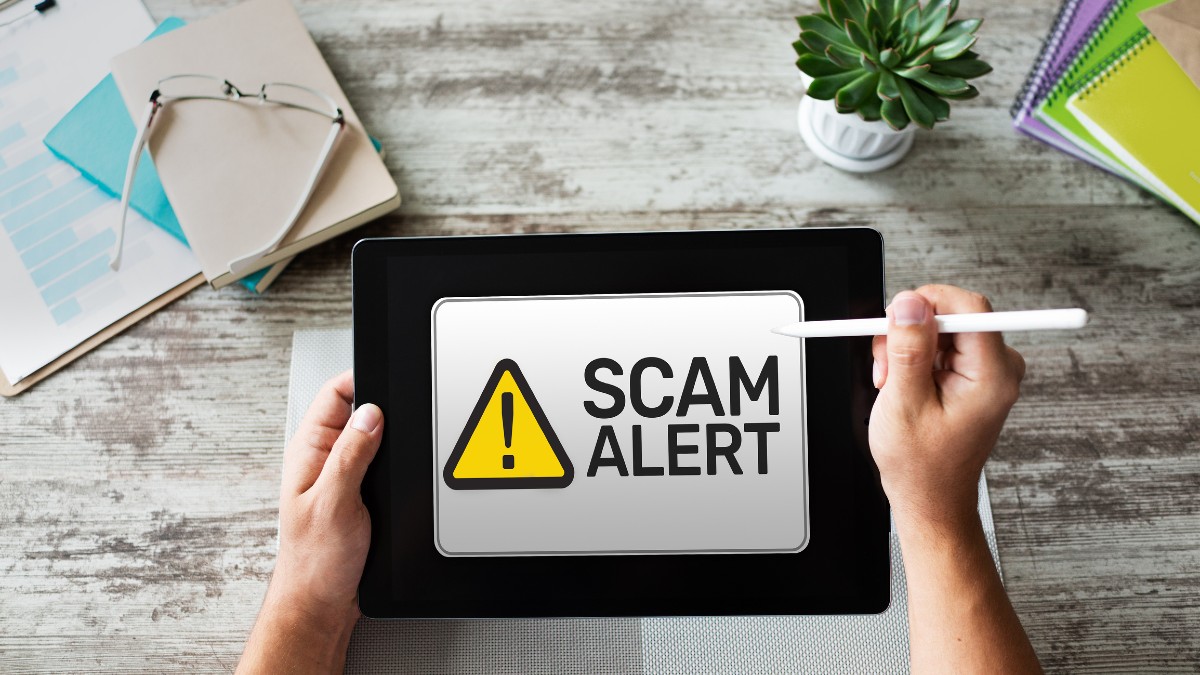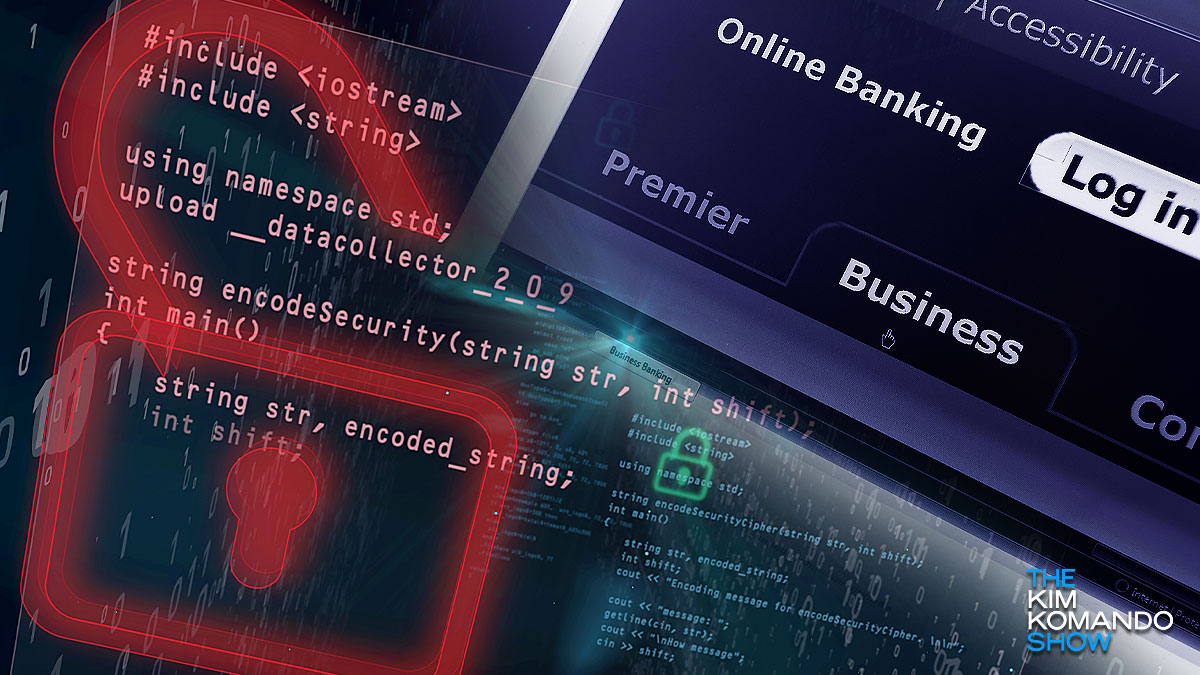Confidently conned: 1 in 4 Americans still fall for scams

This number blew me away: Nearly 90% of American adults are confident they can detect and prevent a scam. And yet, 27% say they’ve been a victim at some point. The numbers don’t add up.
That’s why I’m here for you. Let’s dive into some of the most common things that trip up even the tech-savviest among us and kick scammers to the curb.
The scam solution
Problem #1: In a Citi survey, 55% say their financial institutions are a trusted fraud and scam prevention authority. But only two-thirds routinely check their bank accounts and credit scores for shady activity. OK, that means one-third of the walking don’t do this basic adulting task.
Fix: Sign up for fraud alerts that come by text or email. You can do this in your bank’s app or through your online account. It’s a no-brainer. If your bank offers free credit monitoring, sign up for that, too. If not, try a free service like Credit Karma.
Problem #2: Americans polled say they’re familiar with standard scams like phishing (54%) and bank impersonation (51%). OK, great. However, 13% couldn’t identify any of the 14 common scams presented to them in the survey. Ouch.
Fix: Spotting a scammer isn’t rocket science (thank goodness). Here are four simple signs to look for from the FTC. Scammers …
- Pretend to be from an organization you know.
- Say there’s a problem or a prize.
- Pressure you to act immediately.
- Tell you to pay in a specific way.
If you get a shady feeling, chances are it’s a shady dealing.
Problem #3: 71% of adults who fell victim to a scam say it did a number on their overall financial health. No kidding. That might include a setback in savings goals, deeper debt and a lowered credit score.
Fix: The key to proper damage control? Act right away. If you paid a scammer, do not give them more money. Gather all the information you can (screenshots rock for this), then block the crook from communicating with you further. File a report with your local police department and at tips.FBI.gov.
But Kim, what if …
Ask a tech expert: What can I do after my computer was hacked?

So awful. Let’s start with the computer: If he wants to keep it, he must do a full factory reset and start from scratch. A new router is also smart in case the person behind this enabled remote access.
He’s got other work to do, too. He needs to change every single one of his passwords, enable two-factor authentication (2FA) on every account and install antivirus software.
The true cost of cash advance apps

Need money to pay bills in a pinch? Many rely on cash advance apps to make it to their next check. While these services offer a helping hand, you could wind up in a jam if you’re not careful.
A recent study took a deep dive into 15 of today’s most popular cash advance apps. The scoop? An advance might cost more than you bargained (or budgeted) for.
3 immediate steps to take if you fell for a scam

You went online and opened up an email that you thought was from your bank, or maybe you received a call from the IRS demanding payment before they filed charges. You panicked, sent them money, and then found out you were the victim of scammers. Maybe you’re anxious, embarrassed and at a loss for what to do next.
Moved lately? U-Haul breach leaks 2.2M driver's license numbers
Moving all your possessions into another home is one of the most stressful things you can do. Packing up, ensuring that nothing breaks during transit and unpacking on the other side should be your only worries.
Unfortunately, your stress could increase if you have used U-Haul recently. A data breach has left the company scrambling to contain the fallout, and hackers might have your details. Tap or click here for five apps to make managing stress and anxiety easier right now.
Bank data breach exposes 1.5 million Social Security numbers

Things like your social media accounts are precious to cybercriminals. Some are even more sought after than banking details. Tap or click here for how much your stolen credit card is worth on the Dark Web. But the last thing you want to hear is that your bank account or Social Security number has been breached.
Getting emails about the Equifax settlement? How to tell if they are real

Billions of emails sent daily are spam, making up 85% of all email traffic. So, when you receive something that seems fishy, our instinct is to delete them. Tap or click here to see the big mistake getting you more spam emails and texts.
Identity theft warning: 30 million credit card records for sale on the Dark Web

Security breaches are no fun for anyone except hackers. Data has become so valuable to advertisers and scammers alike that email addresses alone can fetch a hefty price on the shadier parts of the web.
It happens like clockwork: A flaw is discovered in a popular website or platform. Hackers undermine the system and infiltrate it. Then, the stolen data makes its way to a Dark Web marketplace, where anyone with bitcoin can have a go at your info. Tap or click here to see how 21 million stolen logins were sold this way.
Equifax breach: Don't miss the deadline to get free credit monitoring or cash payout

Data breaches come in all shapes and sizes, but the general rule is the larger they are, the worse their effects. A perfect example is the Yahoo data breach, which spanned two years and affected nearly 3 billion users. With so many accounts compromised, there was no shortage of ways for hackers to do their worst.
